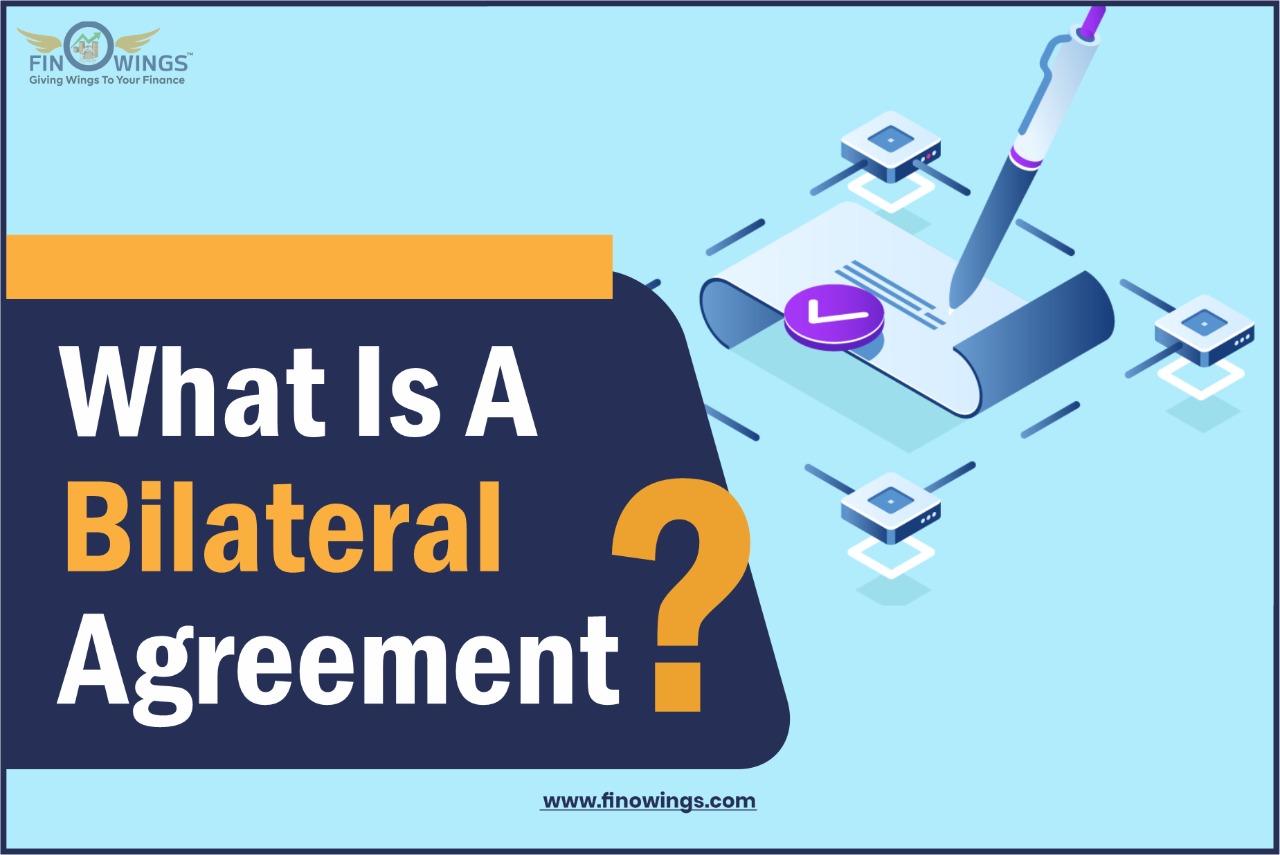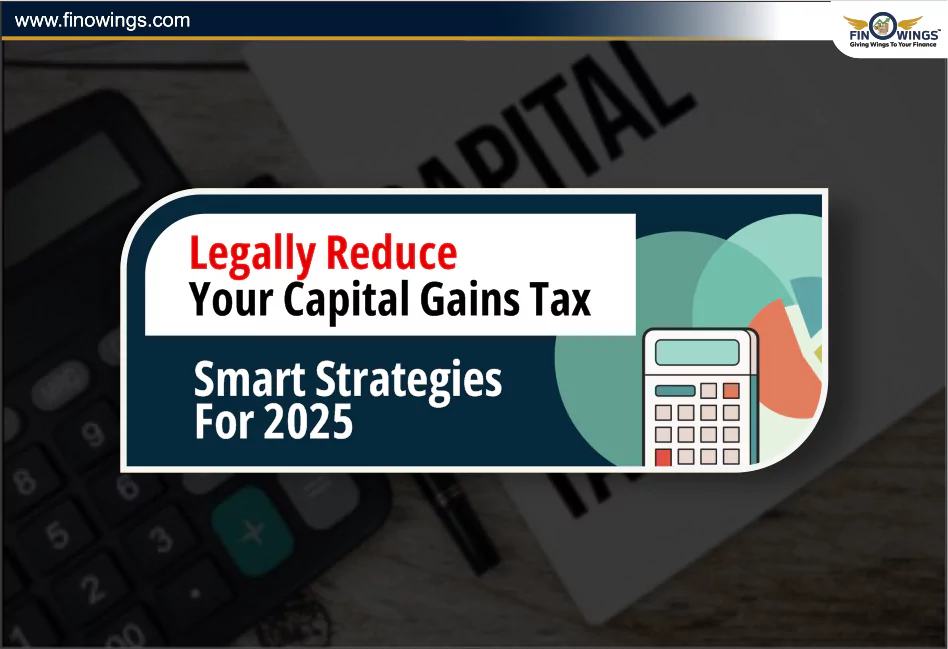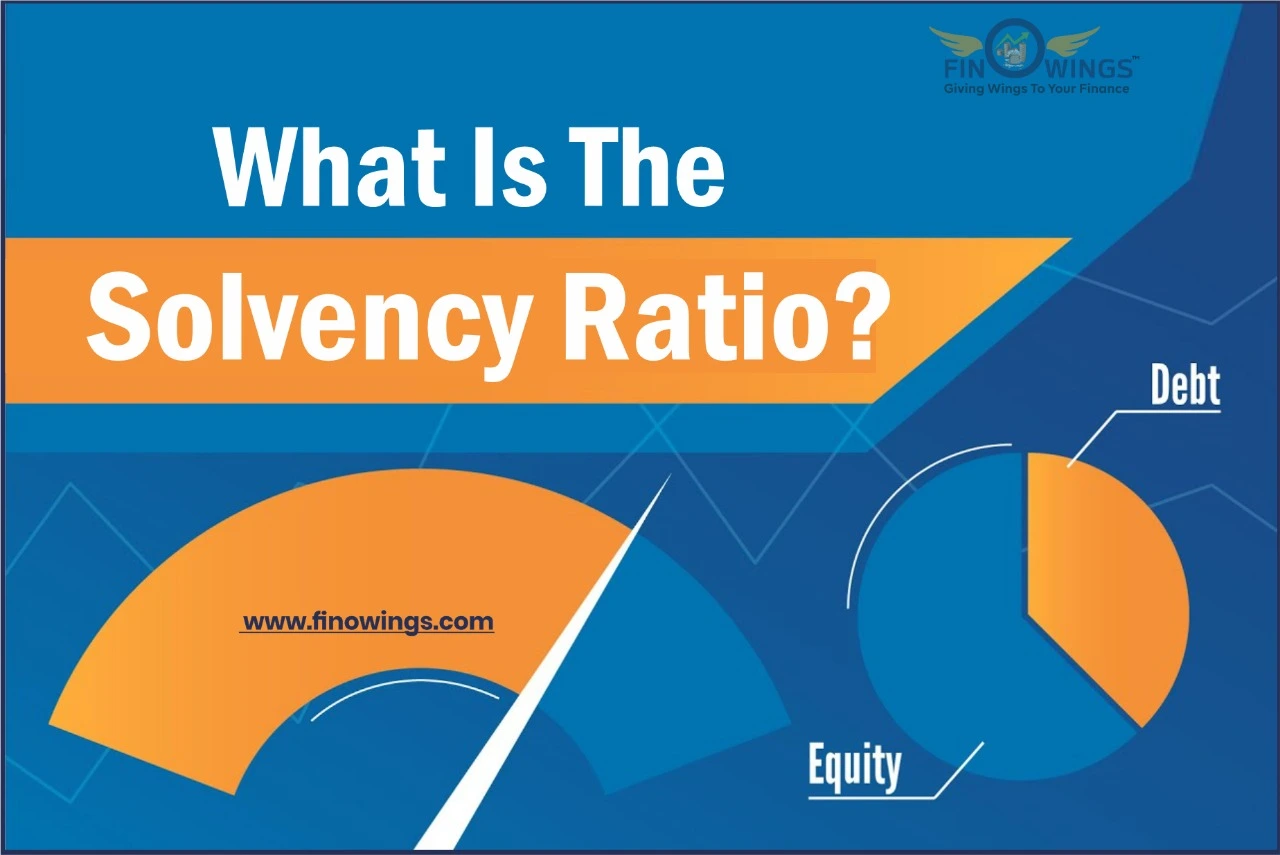Home >> Blog >> Bilateral Agreement: Definition, How It Works, Advantages & Scope
Bilateral Agreement: Definition, How It Works, Advantages & Scope

Table of Contents
What Is A Bilateral Agreement?
A bilateral agreement is one in which both parties commit to upholding their end of the transaction. Although it is not always the case, bilateral contracts often entail equal responsibility or consideration from the offeror and the offeree.
A bilateral agreement may be a so-called "side deal" in more complicated circumstances, such as multilateral trade negotiations. In other words, both parties are involved in the overall negotiations but may also decide that a unique contract tailored to their shared interests is necessary.
How does a Bilateral Agreement work?
-
The most frequent type of legally enforceable agreement is the bilateral agreement. Each party is both an obligee (a person to whom another is compelled or bound) and an obligor (a person to whom another is bound) on the promises of the other party. A contract is signed to make the agreement transparent and enforceable in court.
-
A bilateral agreement can be any sales arrangement. In this respect, almost all our everyday transactions are bilateral contracts, occasionally involving signed agreements and frequently not.
-
Business agreements are often bilateral. For example, businesses frequently get into bilateral contracts with consumers or suppliers because they deliver a good or service in exchange for money. Another example of a bilateral contract is an employment agreement, in which a business guarantees to pay a candidate a specific fee for performing a list of tasks.
Bilateral vs. Unilateral Agreements
As mentioned, a bilateral agreement, by definition, contains reciprocal responsibilities. It differs from a unilateral contract because of this. One party to a unilateral contract is only required to fulfill its obligations if and when the other side completes a predetermined duty. In a unilateral contract, the first party usually only makes a payment after the second party has finished their task.
In a unilateral contract, the second party is not legally required to carry out the task and cannot be held in breach of the agreement if they don't. However, if it were a bilateral agreement, both parties would be bound by the law.
For example, A chance to win Rs. 1 crore from a lottery ticket illustrates a unilateral contract. Although no one is required to look for the treasure, the contest's originator is required to provide the finder Rs. 1 crore. When a contract's nature is in question, the court will weigh the claim's merits against the terms of the agreement to decide if one or both parties still owe a duty or make a concession.
Trade Deals versus Bilateral Agreements
Trade treaties and bilateral agreements are not the same things. The latter entails lowering or removing import quotas, export limitations, tariffs, and other interstate trade barriers. Additionally, the World Trade Organization establishes the standards governing trade agreements (WTO).
On the other hand, bilateral agreements are not constrained by the WTO's standards and do not only concentrate on matters relating to trade. Instead, the agreement often focuses on particular policy areas to foster greater international cooperation and facilitate trade.
Dimensions of Bilateral Contracts
In a bilateral trade agreement, the participating nations grant one another access to their markets, promoting commerce and economic expansion. The agreement also fosters fairness because a set of norms for conducting business are adhered to. The five areas that bilateral agreements cover are as follows:
-
Companies with headquarters in nations with a bilateral agreement benefit from lower costs due to eliminating tariffs and trade-related levies, especially for countries that excel in specific industries.
-
The agreement's signatory nations will not sell their goods cheaply to increase their market share. They won't sell products for even less than what it costs to produce them, then raise prices once they've beaten the competition.
-
The countries won't take advantage of unjust subsidies. For instance, producers will see lower prices when countries subsidize agriculture or the energy sector, providing an unfair edge when exporting the items.
-
Exporters compete on an even playing field because of standardized business practices, labor regulations, and environmental protection.
-
It is a requirement of the agreement that other exporters' inventive products not be stolen. Countries abide by current intellectual property and copyright laws.
Benefits of Bilateral Agreements
-
A bilateral agreement is more straightforward to enter into than a multilateral trade agreement because it only involves two countries.
-
It opens up new markets for businesses.
-
The parties concerned will create more work possibilities when they perceive demand.
-
Additionally, consumers can purchase goods for less because of bilateral agreements. For instance, specific product categories could be more expensive without a contract.
Disadvantages
-
Like any other trade agreement, less prosperous businesses will probably need help to stay in operation because they won't be able to compete with more prosperous industries in another nation.
-
Companies' price advantage is lost when trade taxes are eliminated.
-
A bilateral agreement may lead to rival bilateral accords with other nations.
What is a bilateral trade deficit?
When a country's exports to another country are more than its imports from that country, there is a bilateral trade deficit. Whether a trade deficit is a reason for concern is a topic of intense discussion among economists.
Indian Bilateral Trade Agreements-
-
India-Sri Lanka Free Trade Agreement (FTA)
-
India-Nepal Treaty of Trade
-
India-Bhutan Agreement on Trade, Commerce, and Transit
-
India-Thailand FTA - Early Harvest Scheme (EHS)
-
India-Singapore Comprehensive Economic Cooperation Agreement (CECA)

















